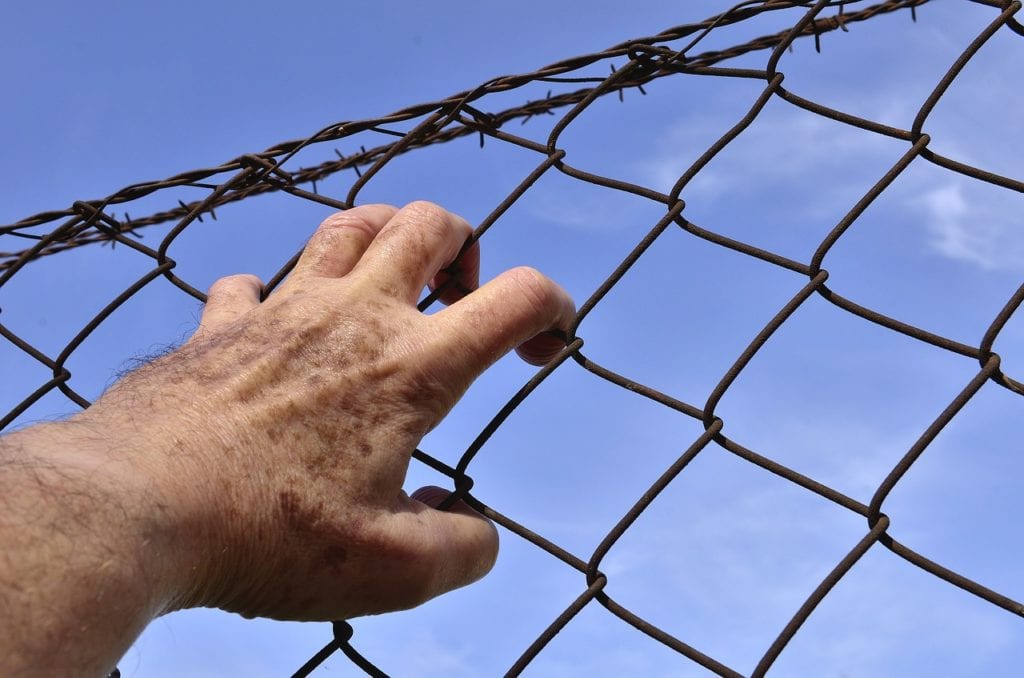
Mental health issues among Michigan’s prison population is a serious problem!
The issue of mental health has been a somewhat controversial one for decades now. Add the word “prisoners” into that mix and you’ve just upped the ante considerably. But why is that? Why is the mental health of prisoners such a highly contested issue? Well, the answer to that question has countless possible answers. However, it likely hearkens back to the mindset that labeling a criminal with a “mental illness” is a way of providing them with an ‘excuse’ for what they did, and trying to get them out of punishment.
At the meeting of Michigan’s legislative task force on mental health, which met for the first time on July 31st, 2017, task force Co-Chair Representative Dr. Hank Vaupel addressed the issue. Dr. Vaupel is a veterinarian and a Republican from Livingston County, MI. “The scope of the problem is gigantic, and as you can see from the turnout here that we had today, people are interested.” He went on to point out that everybody is affected by it, which is why it should not be overlooked. But after years of back-and-forth about this topic, why now? What prompted the sudden desire to deal with the mental health issues of Michigan’s incarcerated population?
The answer is Tom Leonard. Michigan House Speaker has several things on his agenda, and this just happens to be one of them. Along with changing the teacher pension system in Michigan, he also plans to prioritize is Michigan’s mental health system, especially as it pertains to people behind bars at the Michigan Department of Corrections. It’s a huge undertaking, to be sure, but House Speaker Leonard has big hopes for our state.
It all started after he finished law school, and ended up clerking for a judge who piloted a mental health court program. The program aimed to help people with mental health problems get treatment instead of time behind bars. Leonard says that at the time, he was convinced the program would fail. However, he now laughs about how wrong he was, and how glad he is to have been incorrect.
The task force, which plans to hold listening sessions all over Michigan, began in Livingston County this week.
There doctors, law enforcement officials, judges, and addiction experts all shared information. Livingston County Sheriff Mike Murphy was one of the people to speak in front of the task force. “About half, give or take, of our folks in our local jail are on some sort of psychotropic drugs. And that’s not unique, again, to a lot of jails out there,”
According to Sheriff Murphy, officers who came into contact with a person who has a mental illness, they only had one of three options – do nothing, arrest them, or send them to hospital. However, Livingston County has now introduced another option – an “engagement center” where a mental health professional can evaluate the person and then, if they are determined to be in need of services, connect them with the services they need.
Great as this sounds, though, many people who spoke at the meeting pointed out the biggest issue the task force is likely to face – money. Getting funding for community mental health programs is very difficult. Added to that, privacy issues can hamper prison employees’ ability to get mental health records, and so they have no way to know which patient has which illness, and what medications or treatments they may need.
There are some major obstacles that House Speaker Leonard and his task force are up against in the future. Funding, HIPAA and fixed mindsets are only the beginning. However, where there is a will, there is a way. And we here at The Kronzek Firm are very glad to hear that politicians in Michigan are prioritizing this issue. Because the only way people will ever get the help they need and be treated with dignity and respect, is if we are willing to have the hard conversations, and address the difficult issues. We also know that treating the mentally ill is less expensive than warehousing them. Change is always hard at first, but refusing to change can have far reaching consequences for everyone.







